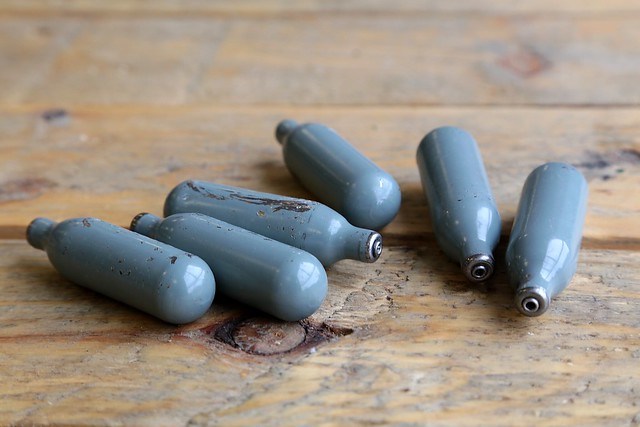Flemish doctors are sounding the alarm over a surge in laughing gas hospital admissions as authorities endeavour to curb the rising popularity of the gas, with some rolling out "laughing gas fines."
Emergency services are reporting treating a growing number of young people for "chronic problems" from their recreational use of nitrous oxide, also known as laughing gas.
"We are seeing more and more young people with chronic problems," Mike Smet, an emergency doctor in Antwerp told HLN.
The doctors are warning of the long-lasting effects and potentially life-changing consequences of using the gas recurrently.
"People who use laughing gas several times a day and on a weekly basis will mainly experience neurological problems," Smet said. "In severe cases, it can lead to complete paralysis."
Laughing gas, which is sold in small canisters used for inflating balloons or whipping cream, has become an increasingly popular recreational drug in Belgium in recent years, as well as in the Netherlands.
In August, two Dutch laughing gas users in their twenties were admitted to the hospital with spinal cord injuries and partial paraplegia.
Some Flemish municipalities are taking a number of measures to curb the popularity of the gas among young people, including releasing awareness campaigns and mapping out the places most popular for their use.
In August, the Belgian Burn Foundation called on authorities in the city of Kortrijk to take action after laughing gas canisters were found in the sweets counter of a local night shop.
Going one step further, at least eight municipalities have rolled out "laughing gas fines," which are given out to those found to be using the gas to get high, which can go up to €350, according to HLN.
Gabriela Galindo
The Brussels Times

